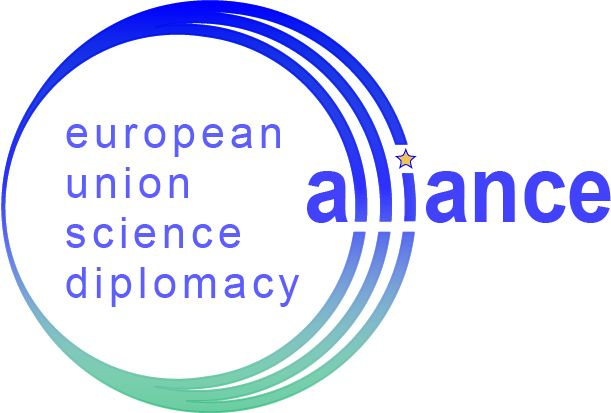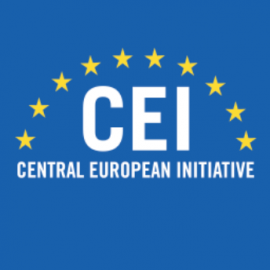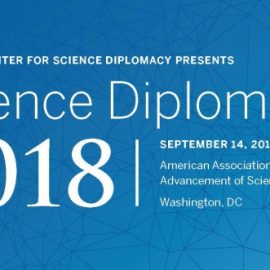Historical studies on the relationship between science and diplomacy tend to focus on events since World War II and on initiatives for the maintenance of peace or to achieve cooperation over contentious matters. This article presents the case of José Vicente Barbosa du Bocage (1823–1907), a Portuguese zoologist who had formal diplomatic responsibilities in a context of competition for the colonization of Africa in the nineteenth century. He used his knowledge in African geography to implement colonial and diplomatic strategies that aimed at outcompeting rival powers. The development of a network of actors with scientific, colonial, and diplomatic expertise was crucial for the negotiations that involved the partition of the Congo basin, which resulted in victories for Portugal that surpassed the country’s marginal political relevance at the international level and had long-lasting consequences.
27 November 2020
Science for Competition among Powers: Geographical Knowledge, Colonial‐Diplomatic Networks, and the Scramble for Africa




